Saturday Featured Workshops
10:00 - 10:45AM
Multilingual Learner Voices: Student Panel
Facilitated by Ming-Hsuan Wu, Assistant Professor, Adelphi University, Frederic Lim, Language Acquisition Specialist, Method Courses, Annabelle Afanador-Vega, ENL and Dual-Language Teacher, Freeport Unified School District and Stephanie Chiu, ENL Teacher, High School for Dual Language and Asian Studies
In this interactive panel, multilingual students will share their experiences, opinions and feelings about questions related to remote learning and COVID-19. Multilingual students will also give teachers advice on how to better support, empower and validate their cultural funds of knowledge as well as racial identities and linguistic repertoires.
1:30 - 2:15PM
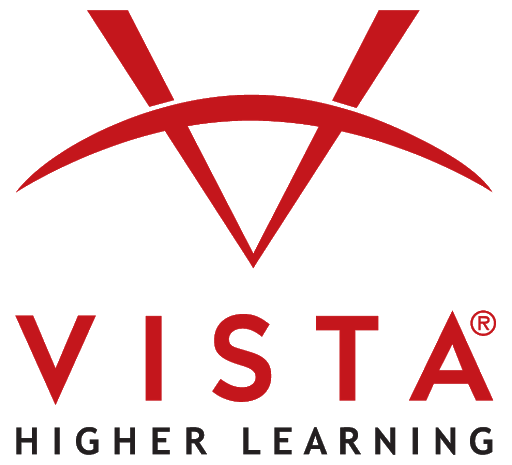
Remote Instruction: Characteristics of Effective Distance Learning
Martin Smith
Sponsored by Vista Higher Learning
This session will examine characteristics of effective distance learning designed to promote engagement and impact. Leveraging what we know about teaching that increases student learning, participants will learn what to focus on when teaching remotely and how to maximize the time to ensure students are developing their English language proficiency.
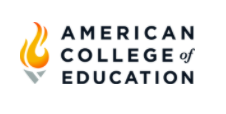
Supporting Parents in Online Teaching
Kerry Delaney
Sponsored by the American College of Education
Now more than ever, the home to school connection must be strong, and parents play a large role. In this presentation, attendees will explore the differences between online and face to face education, review and discuss ideas for daily scheduling, engagement, mindfulness, and realistic expectations, and learn techniques for taking care of their own needs during the school day.
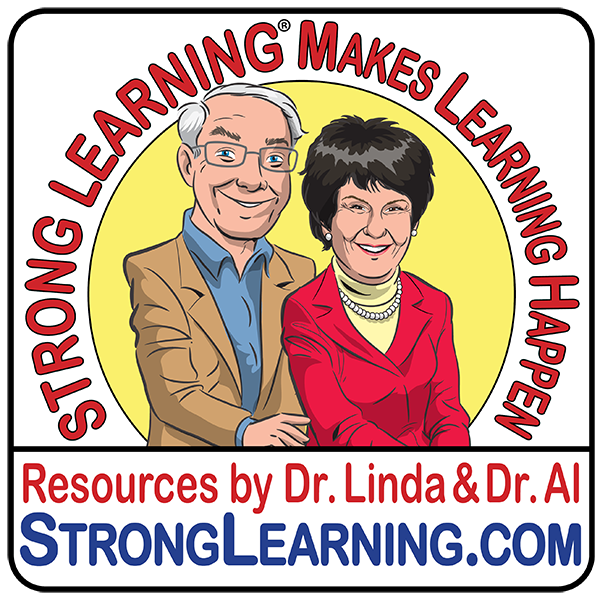
Strong Learning LEARN Method
Linda Silbert, Ph.D.
The Strong Learning LEARN Method helps all children learn to read because it is based on a quick assessment, engagement through fun, activation of body and mind through play, singing, lots of purposeful, playful, practice, and quick re-assessment. It incorporates the Orton-Gillingham approach and SEL competencies. K-3+.
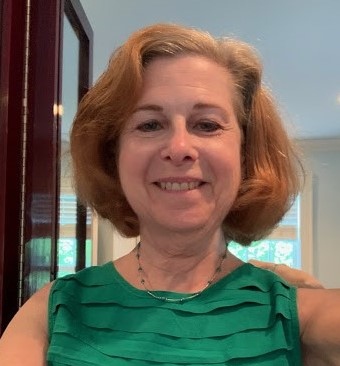
Helaine Marshall
Director of TESOL/BE Programs, Long Island University Hudson
The Synchronous Online Flipped Learning Approach - An 8-Step Cycle
Best practices in online learning should include the 8 steps of the SOFLA model: Synchronous Online Flipped Learning Approach, which most closely replicates actual classroom teaching and provides dynamic, interactive, spaces both asynchronously and synchronously to create fertile spaces for learning.
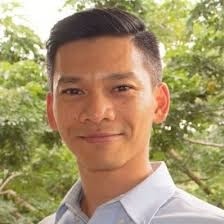
Tan Huynh
MYP Individuals and Societies teacher, Empowering ELLs
Creating Breakout Rooms with Google Meet to Encourage Live Collaboration
My students have loved this form of virtual learning more than working independently. Learn how to create breakout rooms on Google Meet, see examples of students in breakout rooms, and learn how I monitor the rooms.
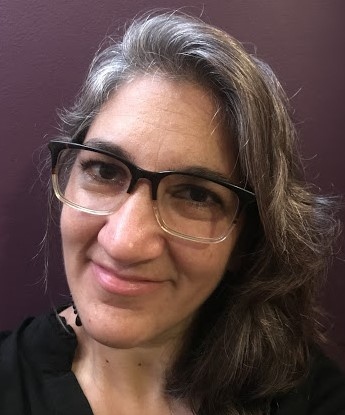
Rebecca Curinga
Assistant Professor, The City University of New York
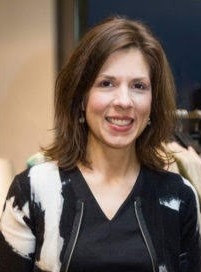
Ingrid Heidrick
Advocating for Emergent Bilinguals through Language & Literacy
Advancing the Language and Literacy Skills of SIFE
Our workshop demonstrates how to adapt a lesson to incorporate evidence-based strategies on foundational literacy and differentiated scaffolds that advance the language and literacy skills of adolescent SIFE. We show a culturally responsive lesson focused on oral language, and higher academic language skills in both the home language and English.
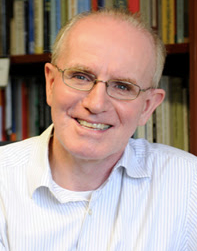
Michael O'Loughlin
Adelphi University
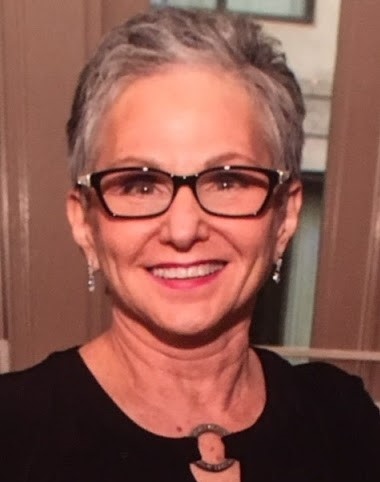
Susanne Marcus
ENL educator and consultant
Migrant Students and Trauma - Part 2
A clinical psychologist and an ENL educator explore socio-emotional and academic impacts of trauma on ELLs‘ ability to form new relationships, trust others, focus, learn, and self-regulate at school. Immigration, under the best of circumstances, includes separation, loss and challenges to one‘s identity, trauma-informed approaches to working with children will be shared.
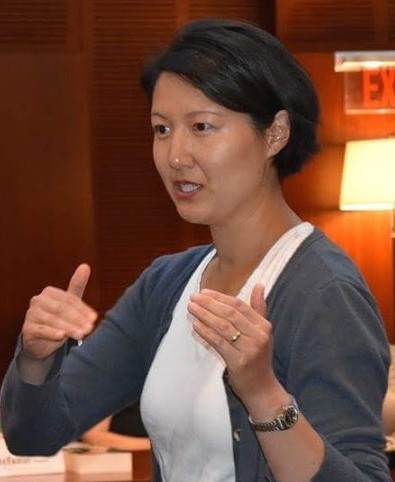
Emily Kang
Associate Professor, Adelphi University
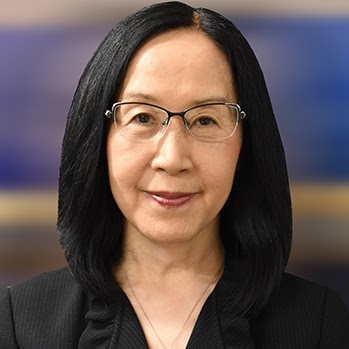
Okhee Lee
Professor, New York University
Engaging All Students in Learning Science Through Functional Use of Language
This session will provide an overview of the foundations of students‘ functional use of language in the context of science instruction. Participants will then virtually engage in a model lesson to practice what this type of instruction looks like.
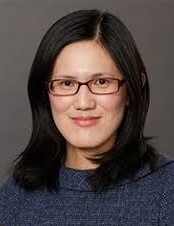
Ming-Hsuan Wu
Adelphi University
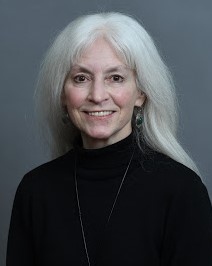
Sonna Opstad
Touro College
Addressing Perceptions and Stereotypes in Interracial Friendships and Teacher-Student Relationships within Diverse School Communities
The present racial tensions in the US have highlighted the importance of engaging students and teachers in confronting racial stereotypes and their relationship to other forms of injustice in our society. We will share findings and practices from studies that examine Asian and Black students‘ friendships and teacher-student relations within diverse school communities.
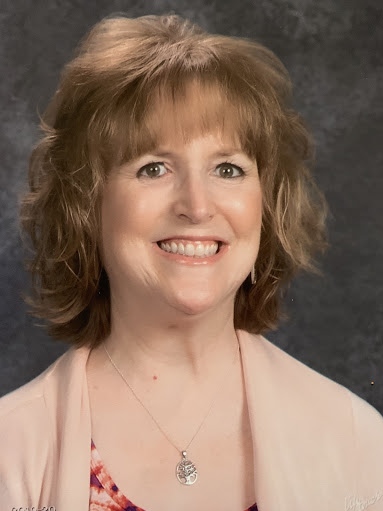
Jamie Scripps
ENL Educator
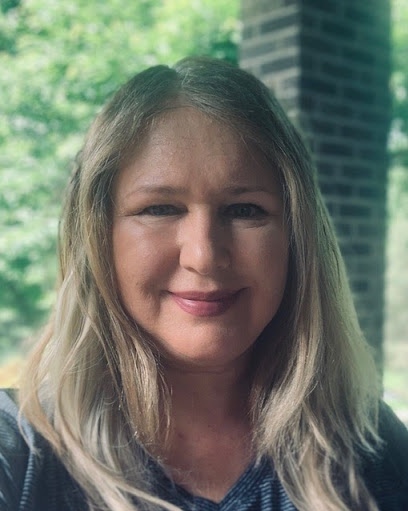
Svetlana Stowell
ENL Educator
Determining Language Difference from Disability
Lack of standardized assessments for ELLs as well as a discrete process to follow in determining language difference from disability leaves districts searching for resources. Follow the journey taken by one district in their creation of both a process and a toolkit for the pre-referral process of ELL/MLL students.

Esther Park
ENL Educator
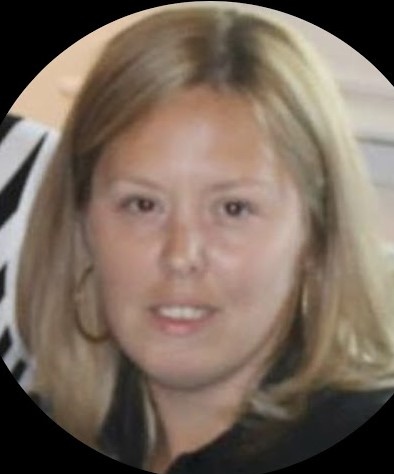
Suzy Cáceres
ENL Educator
Taller de Bitmoji: A Supportive Workspace for All Teachers
Expert virtual classroom designers Esther Park and Suzy Cáceres will facilitate a working space where all teachers can share ideas and support each other in creating linguistically supportive and culturally sensitive virtual classroom decorations using Bitmoji, GIFs, and moving scenes. Please bring materials and questions to share.
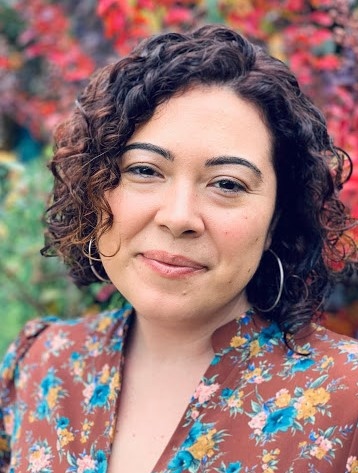
Carla España
Bank Street Graduate School of Education
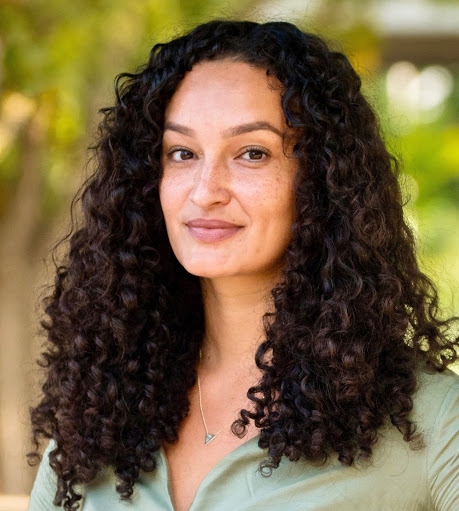
Luz Yadira Herrera
California State University Fresno
Texts, Topic, Translanguaging: A Framework for Teaching Bilingual/ Multilingual Students
In this workshop, Carla and Luz provide the Temas, Textos, and Translanguaging framework to building community and critical consciousness with bilingual/multilingual students. Participants will learn ways to develop reading-in-community plans and lesson sequences that challenge harmful dominant narratives about language practices, identities, and culture with counter-narratives.
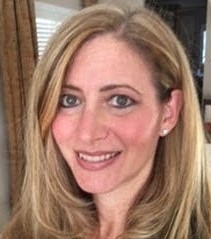
Kelley Cordeiro
Long Island RBERN at ESBOCES ESL/Bilingual Programs
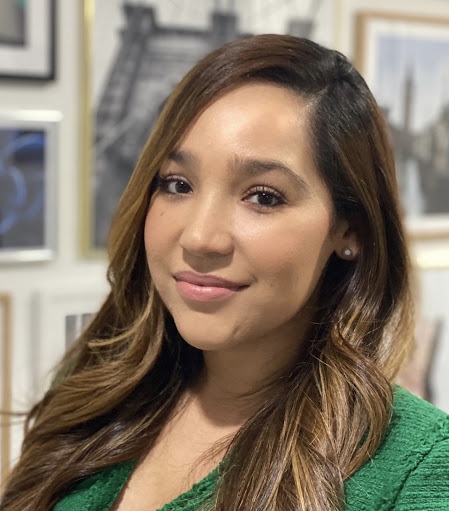
Erica Flores
Long Island RBERN at ESBOCES ESL/Bilingual Programs
Adapting ELL Scaffolds for the Digital Classroom
In this interactive session, we will model and engage participants in an exploration of tools and strategies to design academic and linguistic scaffolding for English Language Learners. Specific consideration will be given to adapting scaffolds from traditional classroom settings to digital learning environments.

Frederic Lim
Language Acquisition Specialist, Method Courses
Deepen Learning with PBL Virtual Field Trips
Virtual field trips allow students to explore, discover, and deliver unique projects through Content-Based Instruction netquests. Participants follow models to create learning adventures to develop students skills in the virtual world while collaborating with students on projects. Participants will know how to create exciting virtual field trips for their students.
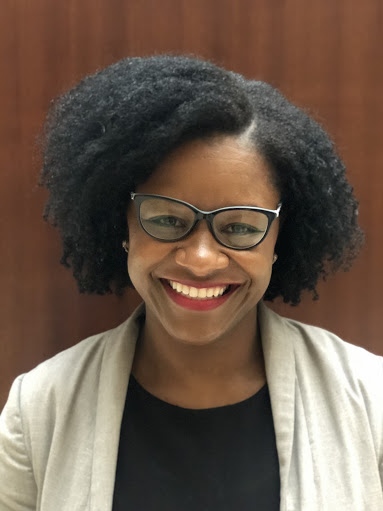
Odette Clarke
NYC DOE
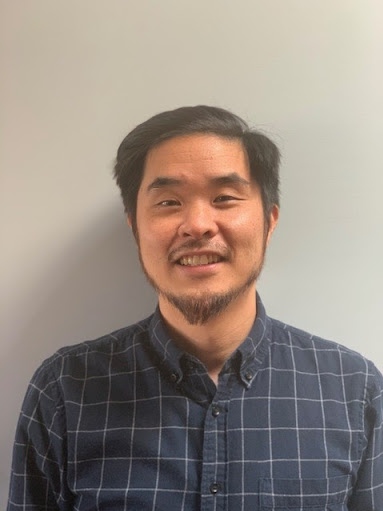
Max Chang
NYC DOE
Culturally-Responsive and Sustaining Practices
Through grounding ourselves in NYSED/NYCDOE Culturally Responsive and Sustaining Education frameworks, participants will explore the ongoing work of explicit/implicit bias, while connecting teacher preparation to our current reality.
